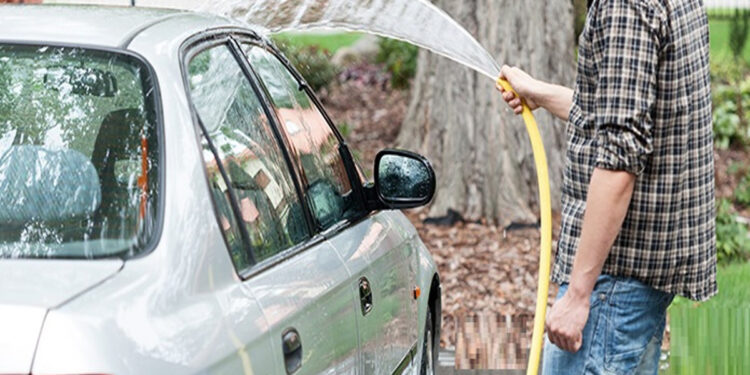RAWALPINDI – In a decisive move to tackle water wastage, the Water and Sanitation Agency (WASA) has announced the imposition of heavy fines on both domestic and commercial users who misuse water resources. The decision comes amid growing concerns over water scarcity in the region.
New Fine Structure for Water Wastage
According to the official notification from WASA, a fine of Rs. 20,000 will be levied on individuals or businesses found wasting water while washing floors or vehicles. This measure is part of a broader effort to reduce the misuse of water, particularly for non-essential activities.
- For domestic connections, the fine for the first violation is Rs. 10,000.
- For commercial connections, the fine for the first violation is Rs. 20,000.
- A second violation will result in the disconnection of the water supply.
Why the Fines Are Being Imposed
This order was issued by the Deputy Managing Director of WASA Rawalpindi’s Engineering Department, following a court directive. The court had ordered that a comprehensive strategy be devised to address and prevent the misuse of water resources in the region.
Water wastage, particularly for tasks such as washing vehicles or cleaning paved areas, has become a significant concern in urban areas where water scarcity is an ongoing challenge. With rapid population growth, industrial demands, and agricultural needs, urban centers in Pakistan are increasingly facing water shortages. As such, local authorities like WASA are taking these measures to conserve water and ensure it is used more efficiently.
The Importance of Water Conservation
The excessive use of water for non-essential activities puts immense pressure on the already limited water resources in cities like Rawalpindi. By enforcing fines, WASA aims to promote responsible water consumption and protect the region’s water supply for essential uses.
In light of these growing concerns, it is essential that both residential and commercial water users adhere to these new regulations to help conserve water for the future. These efforts align with broader initiatives across the country to address water scarcity and safeguard this vital resource.







